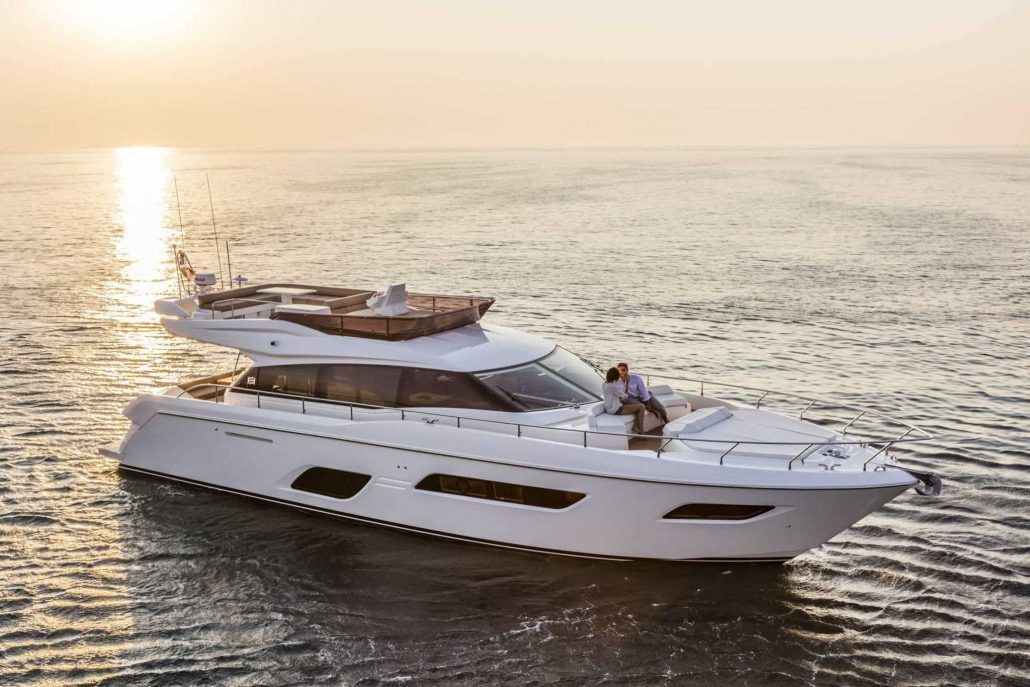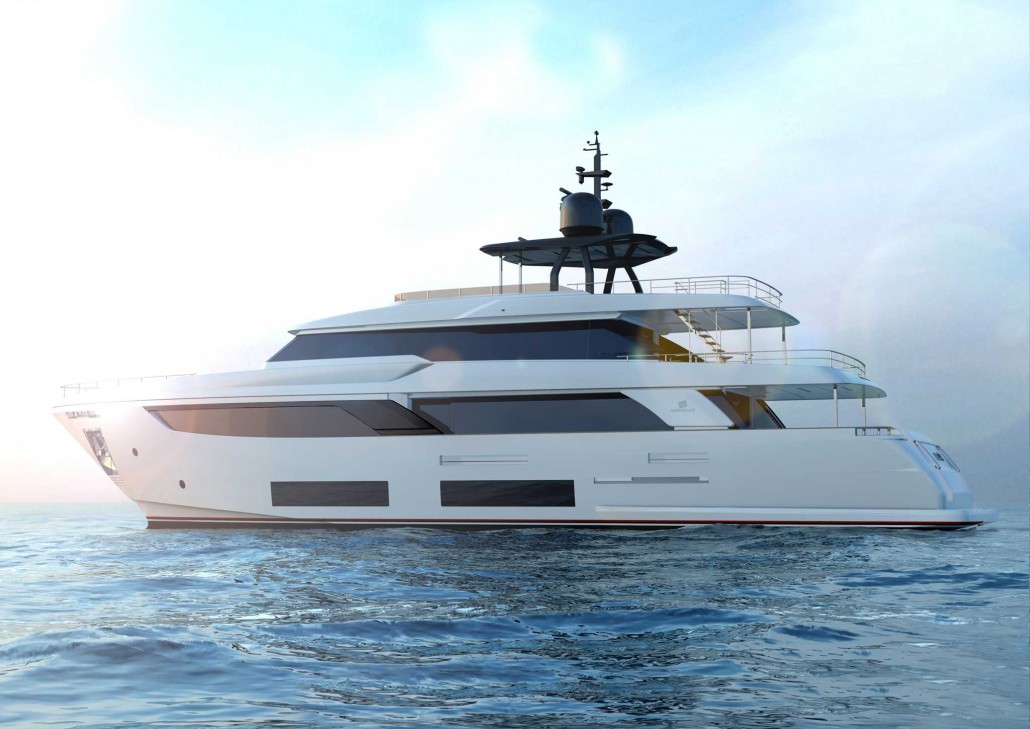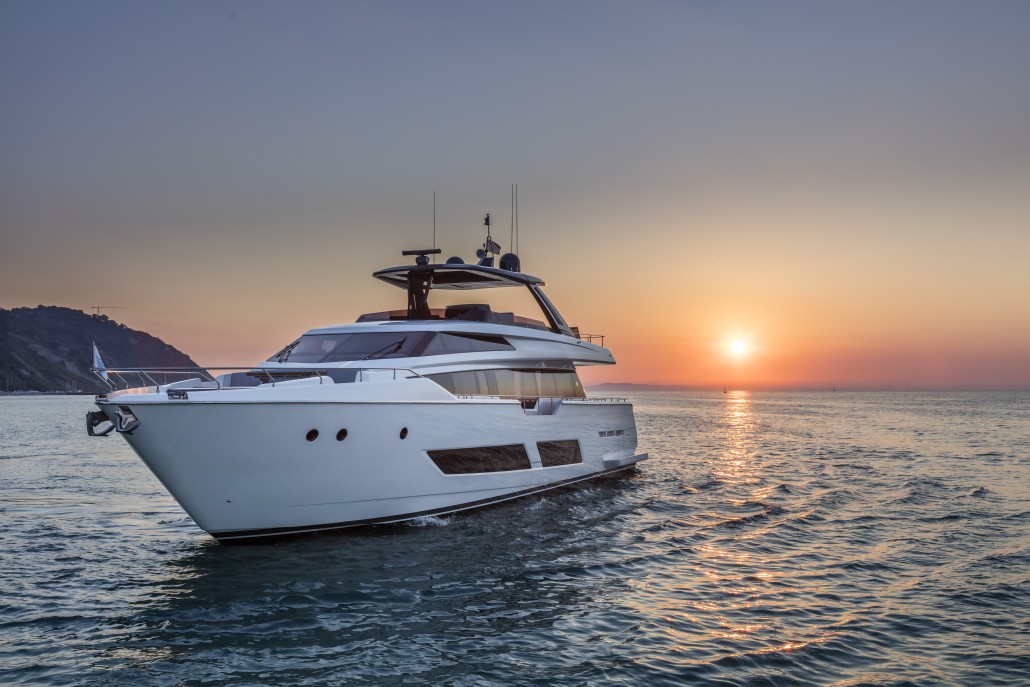The country is trying to foster a maritime culture that’s more attuned to the environment
“Wealthy Chinese think of luxury yachts when they think of maritime sports, and we’re trying to foster a maritime culture that’s more attuned to the environment”. These were the plans announced by a Chinese NGO and a Shanghai Sailing Club at the UN Ocean Conference last week.
According to a report in the South China Morning Post, China plans to start an international sailing competition modelled on two of the world’s most challenging open-ocean races – Britain’s Fastnet and Australia’s Sydney-Hobart – as one of its commitments to protecting the world’s oceans.
Backers of the proposed sailing competition also cast the plan as a component of China’s 21st Century Maritime Silk Road initiative, which aims to strengthen trade, economic and cultural ties with Southeast Asia, the Middle East, Africa and Europe through massive port construction and expansion.
Announced at the Ocean Conference – a week-long programme at the United Nations – the planned sailing competition is a joint project of two Shanghai-based organisations: the International Development Information Organisation-DevNet, a Chinese NGO recognised by the UN’s Economic and Social Council, and Noahs Sailing Club (NSC).
An international sailing race hosted by China “would not only show the sportsmanship of peace and progress, but also establish a new image of openness, civilisation and harmony”, in the same way that table tennis helped establish relations between the United States and China in the early 1970s, NSC chief executive Zhou Kewen said at the UN this week. “Modern sailing races have become one of the most popular and loved sports activities of coastal states and regions, but also important ways to foster athletic and cultural exchange,” he said.
China got into international sailing competition with the one-class China Cup International Regatta, a series of Hong Kong to Shenzhen races that started in 2007. The number of yacht classes sailing in the competition has since risen to 30.
Asked how a sailing competition aligned with the goals of the UN’s Ocean Conference, NSC press officer Rebecca Wang said: “Sailing allows for a better appreciation of the ocean and the natural environment. Many wealthy Chinese think of luxury yachts when they think of maritime sports, and we’re trying to foster a maritime culture that’s more attuned to the environment.”
The UN Ocean Conference was billed as a series of plenary sessions and partnership dialogues “that will reverse the decline in the health of our ocean for people, planet and prosperity”.
Zhou said the plan also aimed to create a connection to China’s legendary maritime explorer Zheng He, who led maritime expeditions in the 15th century to ports throughout Southeast Asia, the Indian subcontinent, Africa and the Middle East. In his presentation at the UN, Zhou lamented the loss of maritime skills in the centuries since Zheng navigated the ancient ocean trade routes that the 21st Century Maritime Silk Road aims to bolster with new port facilities.
Zheng led seven maritime expeditions that combined trade and diplomacy, backed with military force. But subsequent rulers felt the expense of such maritime fleets was too much of an extravagance, and China lost the naval supremacy it had in Zheng’s time. “We cannot manage to revisit the marine silk road of many centuries ago with these [ancient] technologies, so we should employ new means and media to reconstruct friendship between China and the rest of the world,” Zhou said at the UN.




